Following The Film Stage’s collective top 50 films of 2021, as part of our year-end coverage, our contributors are sharing their personal top 10 lists.
By many metrics, 2021 was a terrible year. Whether it was the persistence of a global pandemic and the ineffectiveness of those in charge to properly manage it or the increasing inanity of Film Twitter discourse clogging one’s timeline every day, it often felt like there was nowhere to seek relief from this year’s woes. But there was salvation somewhere: inside the films themselves. Despite what some may lead you to believe, and despite the perhaps rather milquetoast quality of many of this year’s award candidates, 2021 was the best year for cinema we’ve seen in quite some time.
Whether you were able to head back to theaters at some point during the year or remained watching from the safety of your own home, there was more than enough on offer to keep you engaged artistically, emotionally, and spiritually. With that in mind, I found it extremely difficult to narrow down my favorites to a mere ten titles that I found the best. Even outside my top ten and five honorable mentions there were plenty of gems that could have made a top five in most years: Parallel Mothers, Wild Indian, Annette, Pig, Identifying Features, Slalom, and many more. All of these films are well worth your time, with most being available on various streaming platforms.
For my full ranking of all 2021 releases I’ve seen, head over to my Letterboxd where I’ve got a running list. There you can also find my list of all the non-2021 films I saw for the first time this year, an incredible selection highlighted by the likes of River’s Edge, Deep Cover, Cutter’s Way, Mississippi Masala, Body Double, and Streets of Fire. It’s been a mostly awful year in the grand scheme of things, but the movies stayed damn fine to try and make up the balance.
Without further ado, here are my top 10 films of 2021, beginning with the five honorable mentions that just missed the cut.
Honorable Mentions: Shiva Baby, Bergman Island, Wheel of Fortune and Fantasy, Compartment No. 6, Undine
10. Test Pattern (Shatara Michelle Ford)
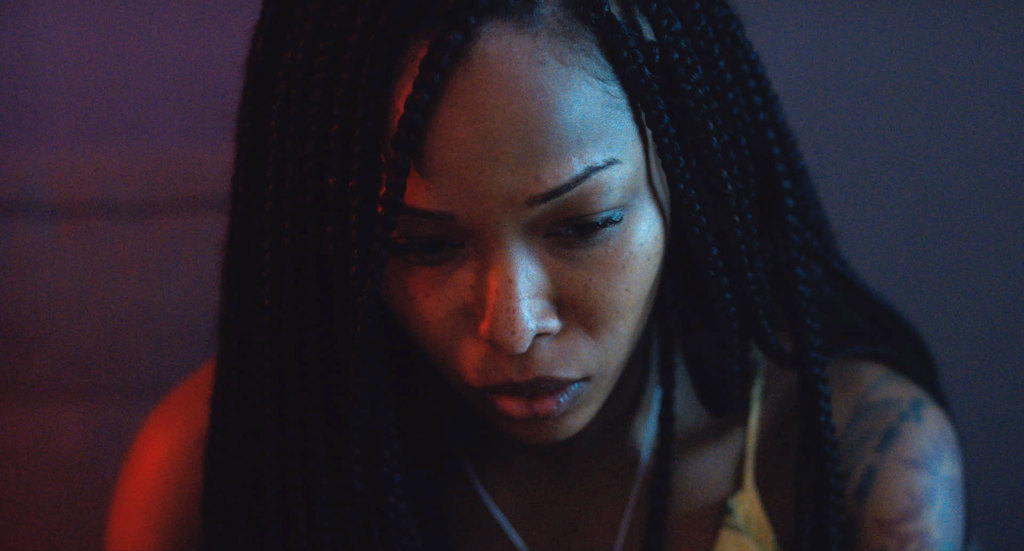
Influenced by neorealism and the L.A. Rebellion, Shatara Michelle Ford establishes their voice clearly with Test Pattern, a sobering debut feature that follows an interracial couple traversing the city, going from hospital to hospital trying to acquire the proper treatment the day after Renesha has been raped. Centering this story on a Black woman specifically draws the audience’s attention to the sexism and racism that exists within the medical industry without needing to place too fine a point on it. Through simply observing the lived experience of Renesha, alongside the dynamic with her white male partner Evan, Ford demonstrates how the medical industry, like so many societal structures, are only here to protect some of us.
9. The Power of the Dog (Jane Campion)
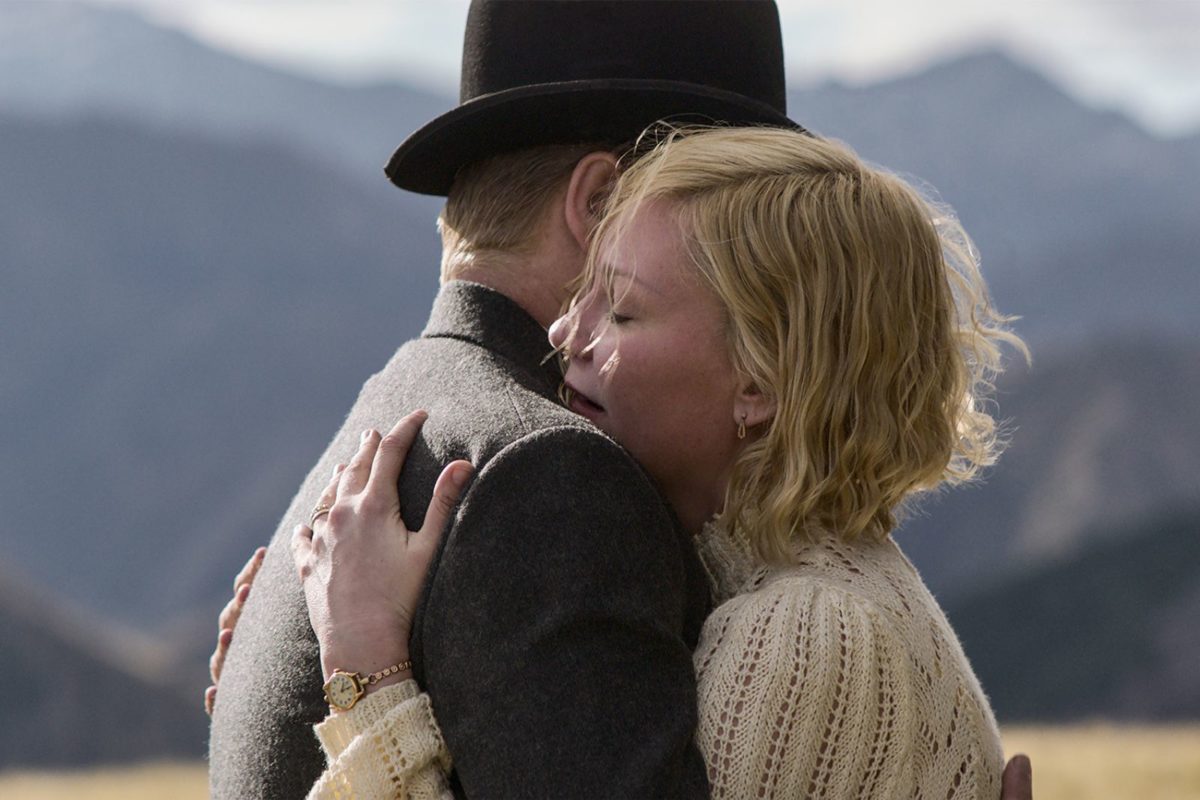
The Power of the Dog is a film split into three distinct sections. First, the courtship of George and Rose, an achingly beautiful romance between two people in miserable circumstances who find solace in one another. Second, Rose’s descent, as George temporarily abandons her to the tortures of her new brother-in-law Phil. Campion’s ever-evolving examinations of toxic masculinity and the ways in which women are forced to operate under the thumb of the patriarchy finds many layers through the depictions of the men in Power of the Dog, Rose at the center bearing the brunt of it all. The third section brings into greater focus the dynamic of Phil and Peter, one seeded throughout the film to create this massively impactful crescendo. Campion’s work is so well-calibrated to the point where the sickening end of one character’s arc feels inevitable, while the hopeful conclusion for others feels tainted with an acidic air despite the promise of a better future.
8. The Card Counter (Paul Schrader)
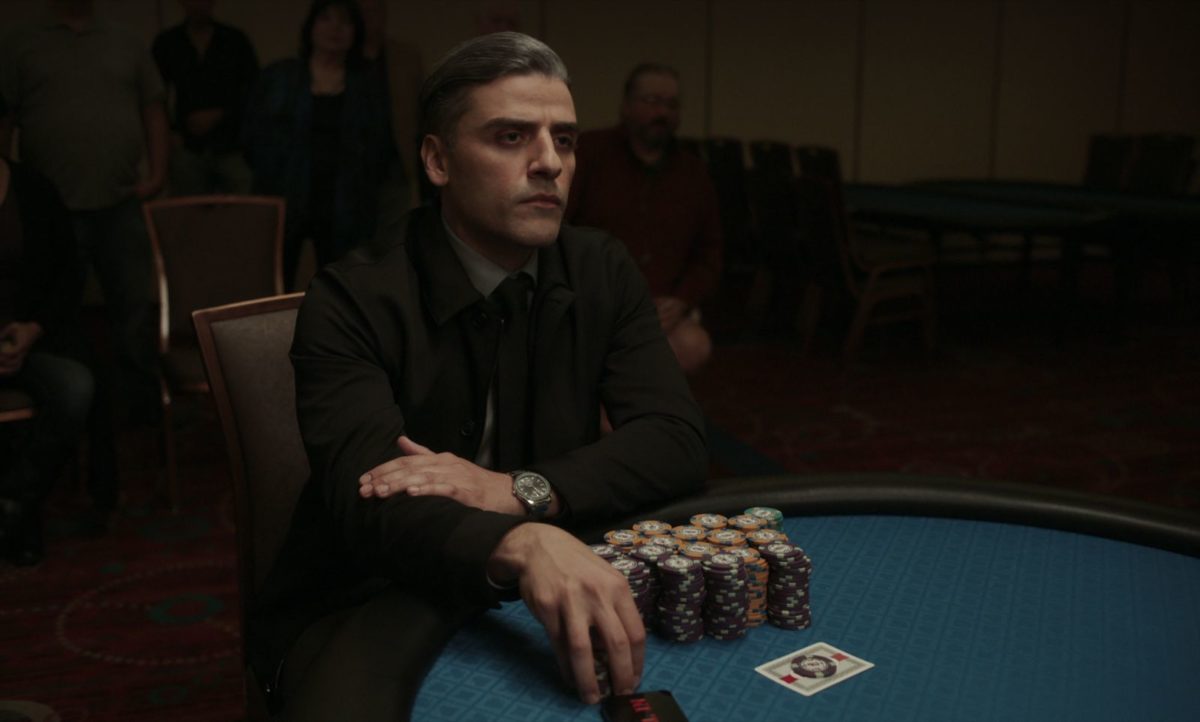
2021 brought a lot of bad, but it also brought us Oscar Isaac finally getting to be in an actual movie again—it’s been way too long. He hasn’t lost a step though, fitting the sick, murky world of Paul Schrader’s mind as if he were born to inhabit it. Everyone’s favorite Facebook uncle is certainly playing old tunes here, but when they still hum this good who’s to complain? The fact of the matter is that his observations on moral depravity, the innate hollowness of just fucking getting by, and the lies we tell ourselves (or don’t) to try doing so have only felt more potent as the years wear on. Maybe that’s why The Card Counter hits as hard as it does. It feels unbearably empty, and in 2021 there’s a real honesty to that.
7. Days (Tsai Ming-liang)

The meditative quality of Tsai Ming-liang’s Days is so serene, so calming, so capable of lulling one into a dissociative daze that it quietly sneaks up to fill you with overwhelming sadness. One of Slow Cinema’s most accomplished filmmakers, he expertly captures the sheer quietness of solitude here, the loneliness of going through your day without speaking to a single person, and how much it means when you do get that chance at human connection, especially in the form of physical intimacy. He reminds you how good it feels to be touched in a pure, tender way. I first saw Days in July of 2020, unfortunately now considered the “early days” of the pandemic, and it hit me like a ton of bricks. Revisiting it now, a year-and-a-half later, that impact has only been intensified.
6. The Worst Person in the World (Joachim Trier)
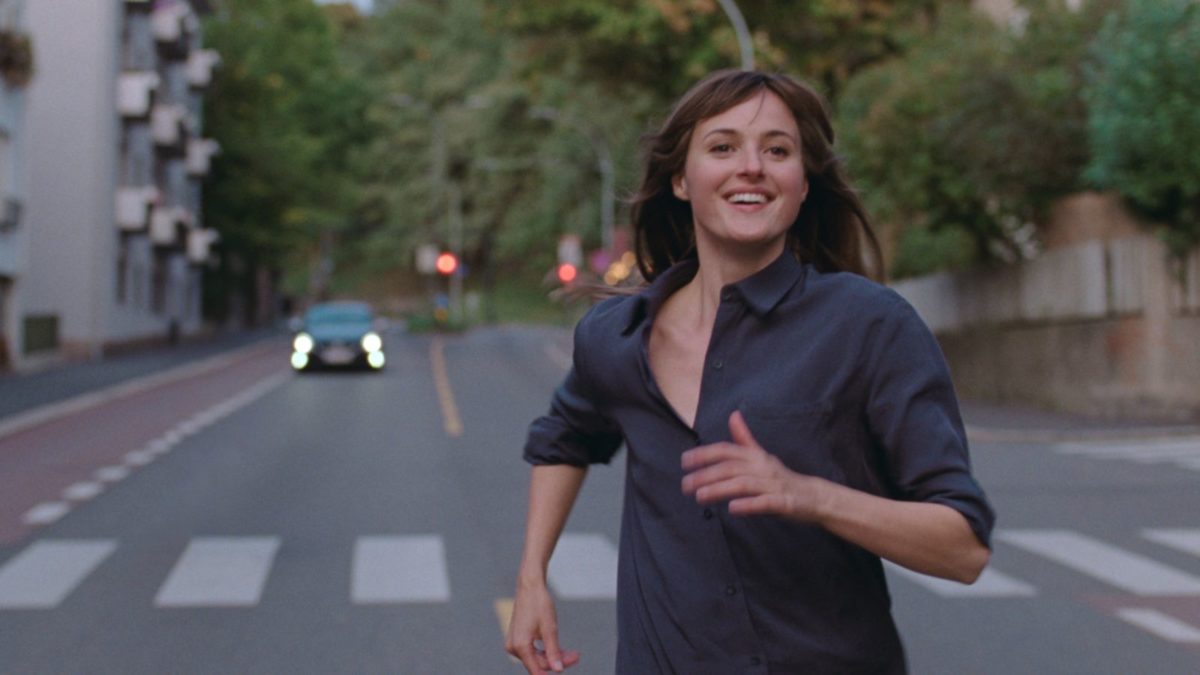
Who knew that a film could be capable of capturing what feels like the entire spectrum of human existence in slightly over two hours? The Worst Person in the World is a picture in full harmony with the world, marvelously bringing us into this one woman’s experience in ways that feel so specific and yet startlingly universal. Joachim Trier’s film is fluid and irresistibly of-the-moment, capturing the fullness of life in all its beauties and tragedies. You don’t think about what’s going to come next, where this story will turn, how things will resolve or what Julie is going to do. There’s something so wonderful about feeling this present with a film. This is one you want to put on again the minute after it’s over because you simply want to live in its world a little longer.
5. A Hero (Asghar Farhadi)
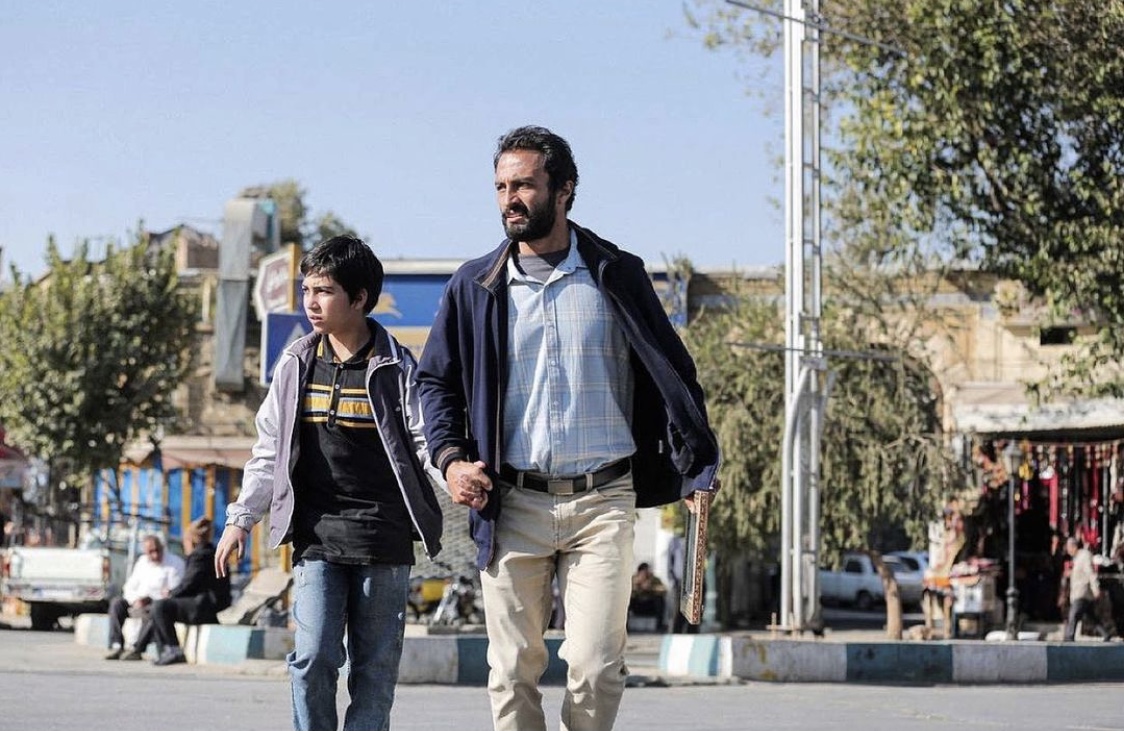
No one working right now is capable of tackling cinematic moral quandaries like Asghar Farhadi, which is so refreshing to see in a landscape that is predominantly painting in black-and-white. He navigates the complexity of emotions, intention, empathy, self-preservation, and morality that we all deal with every day in a way that feels impeccably human at every turn. He allows us to empathize with all sides, firmly placing us in the shoes of each character. His latest, A Hero, is a gripping anxiety trip with an insightful critique on the media circus. Everyone wants to take one man’s (perhaps self-motivated) good deed and warp it into however it’ll best suit them. Everyone has their own angle. This film rattles the nerves so effectively, building and building to a final act that is almost unbearable to watch, yet impossible to look away from.
4. Memoria (Apichatpong Weerasethakul)
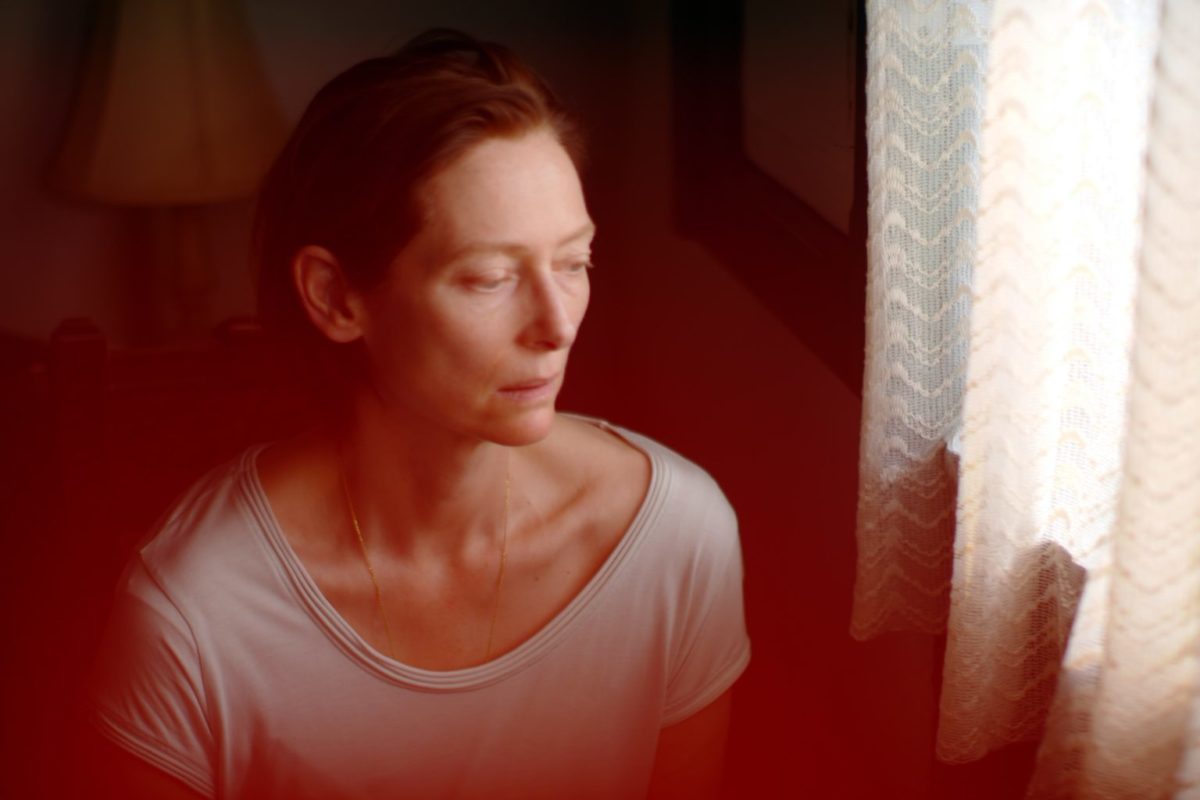
Despite Apichatpong Weerasethakul making “movies to fall asleep to,” Memoria has an incredibly nerve-rattling first half. As Tilda Swinton hears jarring, loud metallic thuds seemingly at random wherever she goes, we are placed firmly in her unsettled headspace, taking us on a mystery to find the source of what is separating her from the living world in such a fashion. In the second half, an encounter with a fish-scaler opens up Apichatpong’s themes in profound, extraordinarily ruminative ways that embed in your consciousness and leave you pondering them long after the film is done. Memoria explores our relationships with ourselves, with others, and with the earth itself, capturing how every single molecule on this planet is influenced by the history of all that has come before it. That’s a pretty big idea to capture in a film, and Apichatpong succeeds admirably in doing so, in as characteristically serene a way as possible.
3. Drive My Car (Ryusuke Hamaguchi)
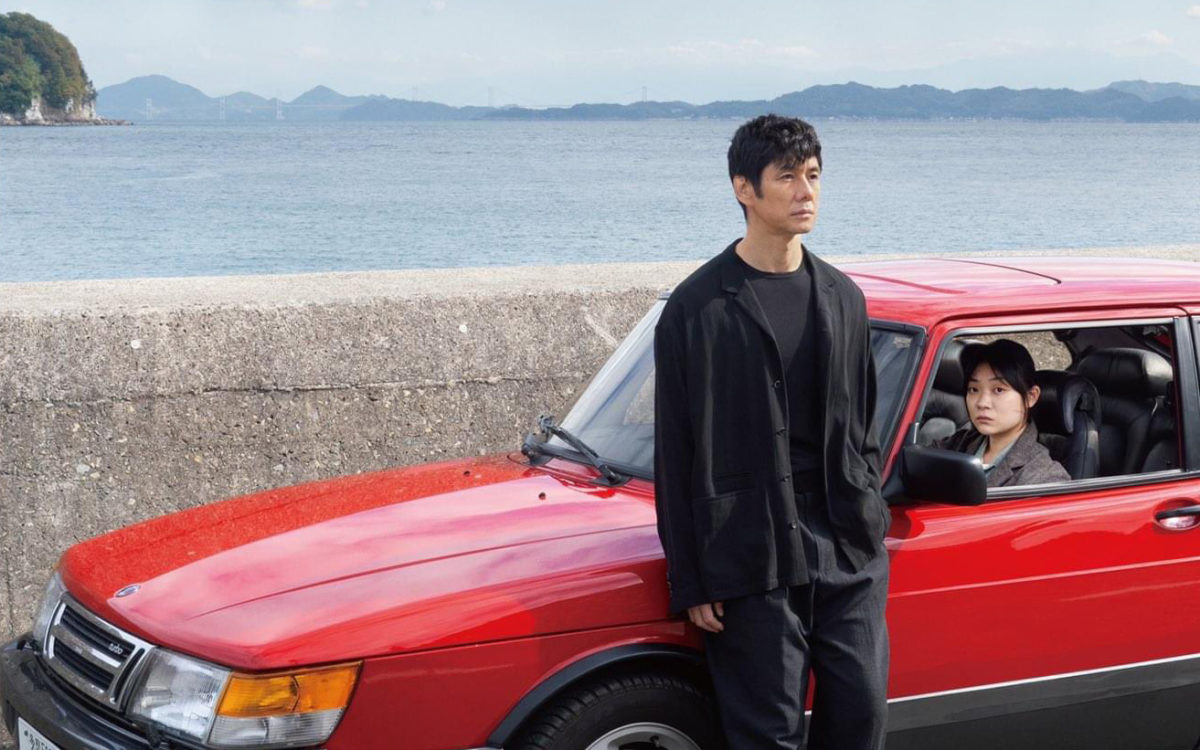
There’s a select group of filmmakers whose work feels like therapy to me. They soothe me into a meditative state before slowly overwhelming me with an indescribable emotion that leaves me transformed by the end. Abbas Kiarostami. Tsai Ming-liang. Chantal Akerman. Apichatpong Weerasethakul. Ryusuke Hamaguchi. Drive My Car’s gentleness in approach belies the deep care Hamaguchi puts into every moment of our journey with these characters. The patience in every aspect of the film creates an experience that is never forceful, never putting any stress on the viewer to engage, and yet it’s exactly that technique which allows Drive My Car to sink into the soul in a way few films are able to match. I want to fall asleep while watching this film, I want to wake up and have it still be going, I want to simply exist with it at all times.
2. Petite Maman (Céline Sciamma)
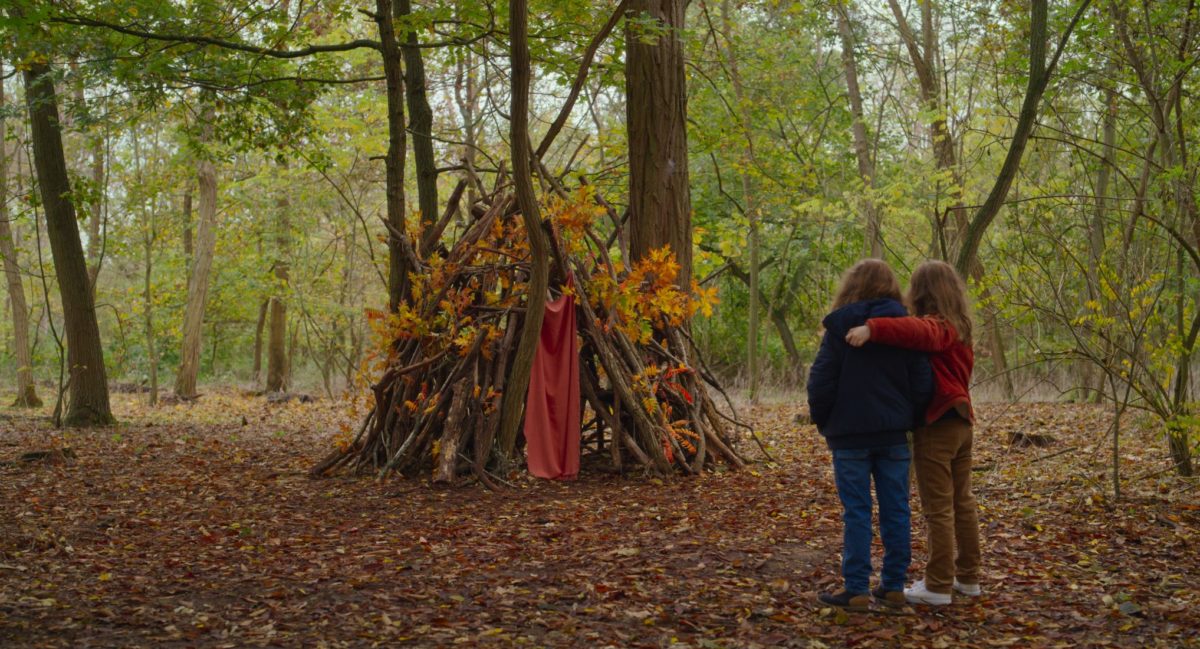
Sometimes a film comes along that feels like it was made specifically for you, for this exact moment in your life. My grandmother passed away two months before I saw Petite Maman, which opens with the young Nelly experiencing the same event in her life. Effectively placing us into the headspace of her main character, Céline Sciamma uses this portal to allow us to examine our own ongoing relationships with our parents and/or our children. What a gift it would be to have a window into the thoughts of our loved ones. To understand them the way that we understand ourselves. To bond with them as though we are bonding with a close friend, rather than someone who holds a certain title related to our lives. As much as we may believe we are close to our parents or our children, there will always be a wall there that necessitates a distance, and Sciamma tears that wall down with grace and deep resonance.
1. Titane (Julia Ducournau)
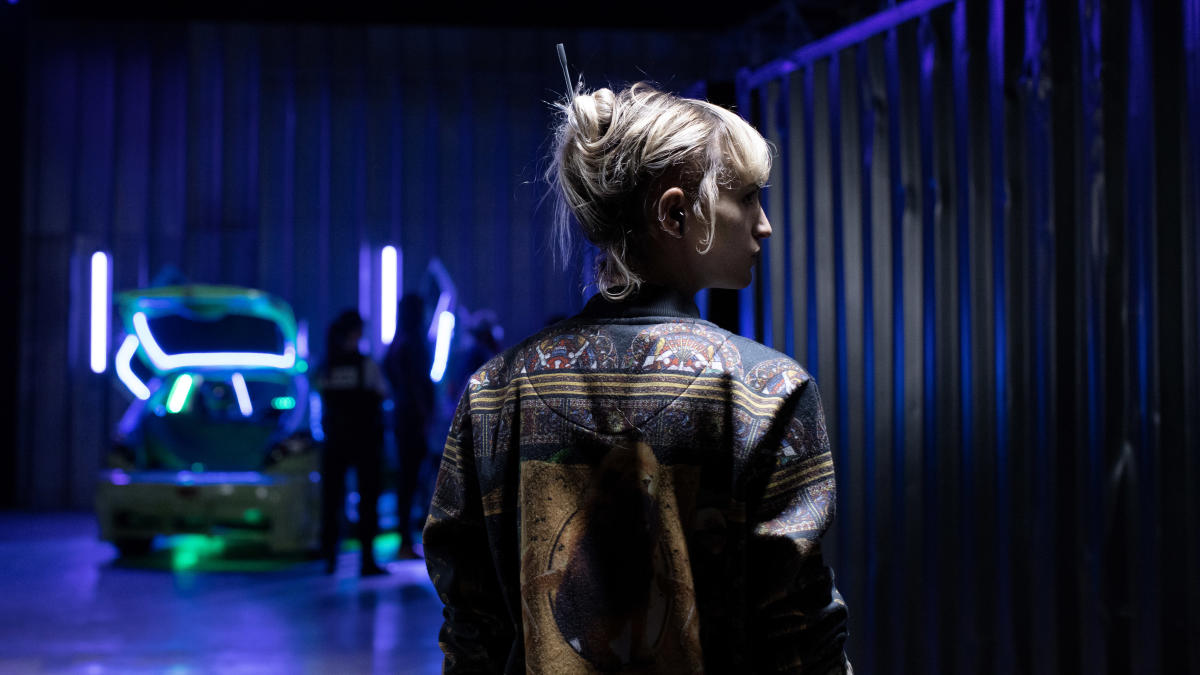
You could fill the length of a hundred firetrucks scribbling out words on Julia Ducournau’s body horror meets dark comedy meets homoerotic rave movie meets about a thousand other things, each as fascinating and fully realized as the last. Titane morphs and evolves through myriad themes across its runtime, but the aspect I find myself returning to most is how Ducournau shatters conventional understandings of gender, ripping open these societal boxes we’ve been placed in to tackle questions about what’s masculine, what’s feminine, and what those words even mean to begin with. Through her body horror, she destroys the flesh to remove those ingrained stereotypes and reveal something entirely new in the process. Watching Titane as a non-binary person myself, it tapped into how I see the world in a way no other film has done before, making me feel truly seen and validated, which is such a rare, beautiful gift to have.
